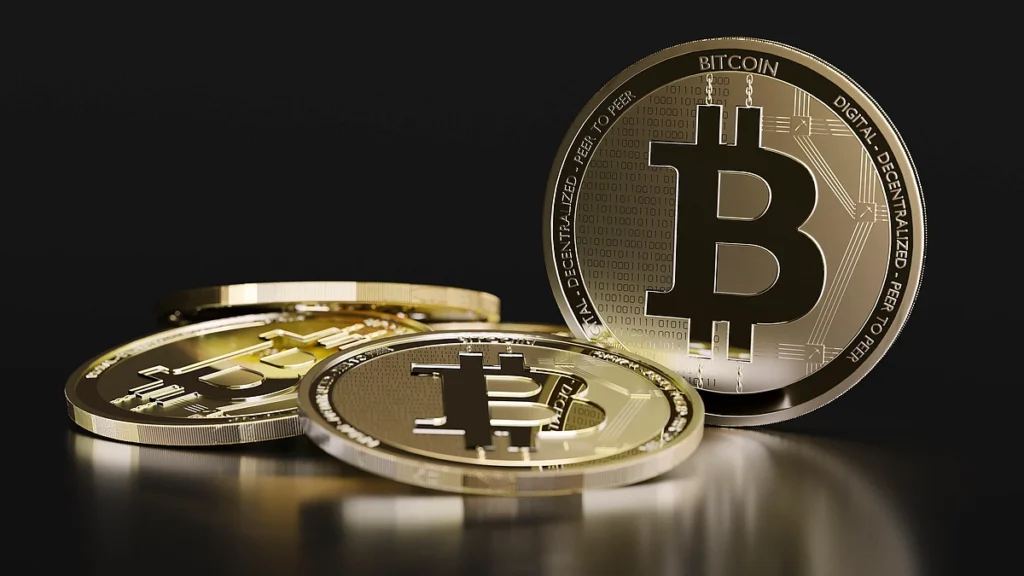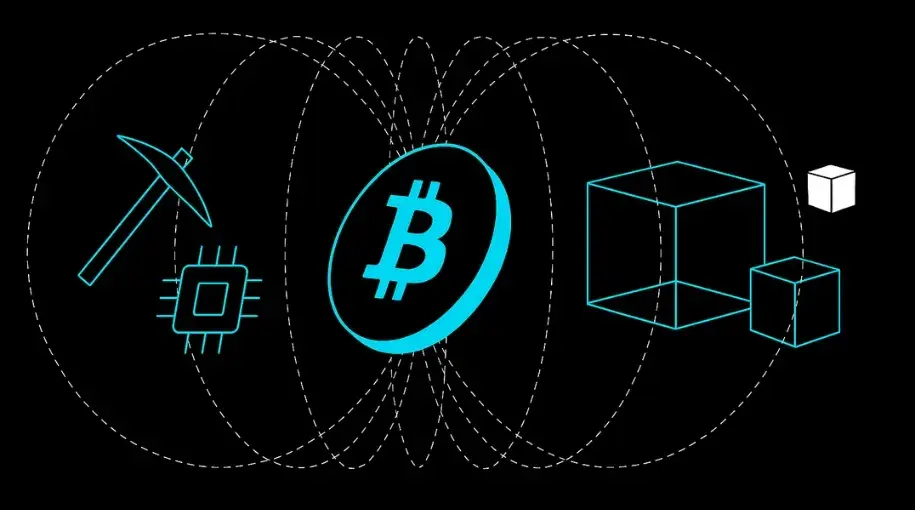Now Reading: India’s New Crypto Roadmap: CBDT Opens Stakeholder Talks
-
01
India’s New Crypto Roadmap: CBDT Opens Stakeholder Talks
India’s New Crypto Roadmap: CBDT Opens Stakeholder Talks

India’s crypto sector is entering a new phase as the Central Board of Direct Taxes (CBDT) has begun consultations with stakeholders to shape a clearer regulatory framework. This move comes at a time when digital assets are becoming popular even in smaller cities, yet confusion around taxation and rules continues to affect both traders and businesses. The talks are expected to provide clarity on how crypto will be managed in the coming years.
The CBDT is focusing on issues such as taxation methods, reporting norms, and compliance. Currently, crypto transactions are subject to a flat tax rate and a one percent TDS, but many investors and exchanges argue that these rules discourage genuine participation. By opening discussions, the government seems willing to listen to the concerns of industry players, something that could reshape how digital assets are used in the Indian market.
For people in Tier 2 cities, where interest in crypto is steadily rising, this could bring much-needed transparency. Many first-time investors have been cautious because of unclear rules and fear of penalties. A well-defined framework could not only boost confidence but also encourage safer participation in digital finance.
Experts believe that India’s approach will likely balance innovation with regulation. While the government is cautious about risks such as fraud, money laundering, and volatility, it also recognizes the growing demand for modern financial tools. The consultations with stakeholders may help strike this balance, ensuring that India does not miss out on opportunities in the global crypto economy.
The new roadmap being discussed is more than just about taxation. It represents India’s attempt to move away from confusion and towards a structured system where investors, exchanges, and regulators can work with clarity. For millions of Indians curious about digital assets, the outcome of these talks could decide whether crypto becomes a stable part of everyday finance or remains a speculative bet

























